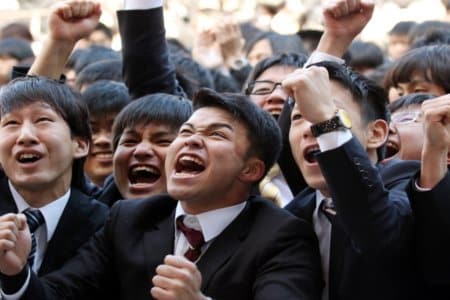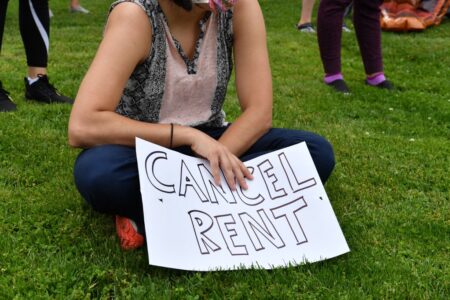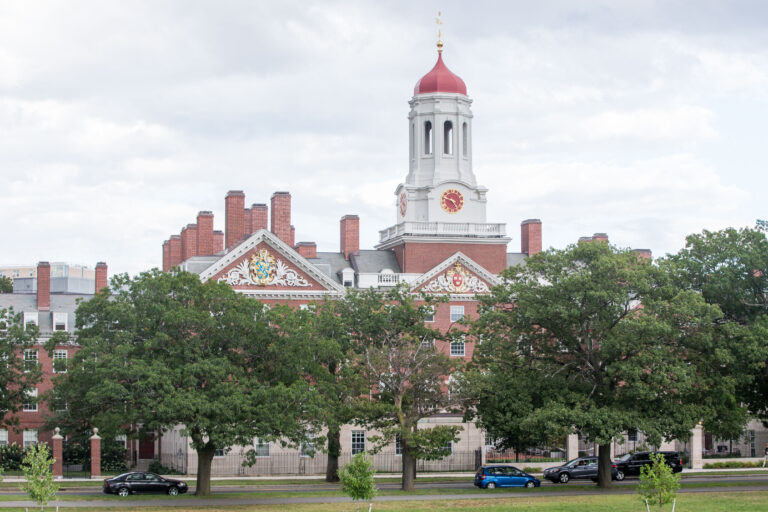
Once upon a time, every student’s dream was to enter an Ivy League school.
Back then – and perhaps even now – Ivy League schools were considered the best universities in America. These universities are part of the Association of American Universities, an exclusive, global organisation of American research universities devoted to maintaining a strong system of academic research and education – so the obsession makes sense.
This belief spans across nations. International students would talk about “the American dream,” and how it involved winning scholarships to prestigious universities like Harvard University, Princeton University, and more.
Romanticisation by the media doesn’t help either.
Netflix originals like “The Kissing Booth” and “To All the Boys: Always and Forever” feature characters getting into Ivy League schools. Even on Disney Channel back then, Miley and Lilly from “Hannah Montana” were accepted into Stanford. So it’s no surprise that an entire generation of young adults assume that getting into an Ivy League signifies the best you can get.
Of course, it’s not just the media glamourising the Ivy League schools either. Major corporations, hiring executives, and professionals also favour these prestigious graduates.
Plus, parents revel in the fantasy of an Ivy League, too; how triumphant would it feel to report — read, gloat — about their child’s glorious academic achievements to family and friends?
But why are Ivy League schools so prestigious and elite in the first place? What makes them so different from other universities, and why does being accepted mean so much?
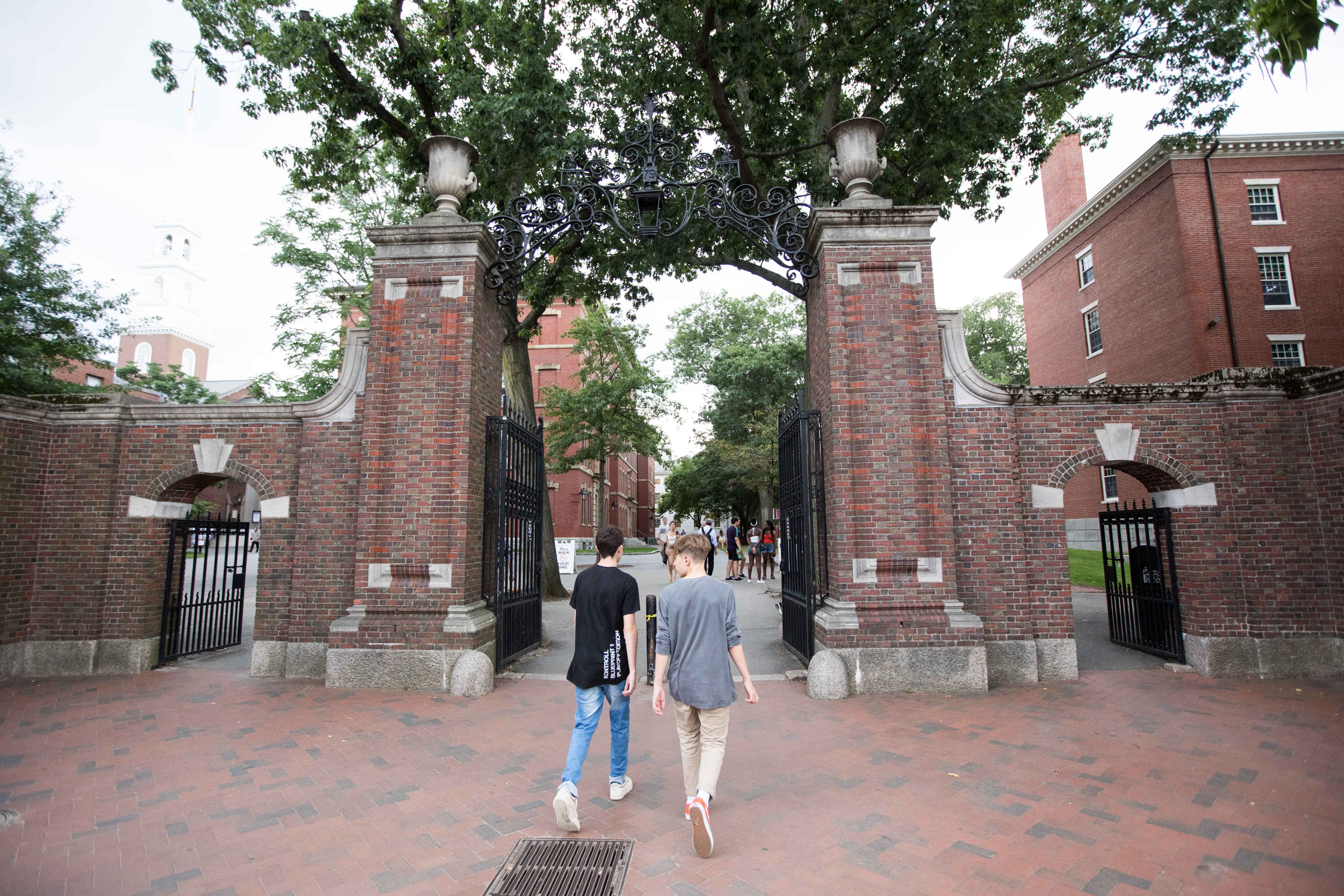
It must also be said that students in Ivy League schools are predominantly white. Source: AFP
Why Ivy League schools have been considered the best for years
Harvard. Yale. Columbia. Penn State.
Most people think about the same things when they hear names like those. Sprawling campuses, elite and distinguished faculty, and brilliance in every corner of the hallowed institution.
But most of all, they think of prestige. For years, people have regarded Ivy League schools as places where the smartest and best people went to get degrees. The universities are:
- Harvard University (Massachusetts)
- Yale University (Connecticut)
- Princeton University (New Jersey)
- Columbia University (New York)
- Brown University (Rhode Island)
- Dartmouth College (New Hampshire)
- University of Pennsylvania (Pennsylvania)
- Cornell University (New York)
These universities are at the top of the hierarchy, mainly because they are some of the oldest higher education institutes – not only are they the alma mater of many US presidents, the Founding Fathers attended these schools too.
With age also comes prestige, and so do money, connections, and power. These universities are home to world-class faculties, complete with state-of-the-art facilities funded by billions of dollars. Today, they are the alma mater of several powerful, influential politicians, billionaires, philanthropists, and CEOs.
View this post on Instagram
As this Reddit user says, “I went to public universities and got all the degrees. Shakespeare is Shakespeare, wherever you read it, I used to say. But then I went to a post-grad leadership programme at Harvard – every day and night, there were visiting heads of state, business moguls, distinguished scholars, ambassadors, artists, etc. They will eat dinner with students, share personal cell numbers, etc. You leave Harvard with a list of contacts that could fill an issue of The Economist.”
Indeed, just having one of these Ivy League schools would automatically make it easier for students to secure a job after graduating – and a high-paying one at that.
And high-income jobs aren’t the only benefit.
Attending a prestigious Ivy League school will double the chances of attending an elite graduate school and triples the chances of landing a job at a prestigious firm. In fact, leadership positions in billionaire businesses and firms are disproportionately held by graduates of elite private universities.
On average, a fresh Ivy League graduate can make US$93,000 a year. And that number continues to go up exponentially.
To earn such incredible salaries, one must first be accepted into an Ivy League school. But upon closer examination, Ivy League schools only accept about 8% of applicants on average.
Is the abysmally low acceptance rate solely due to elite academics, or are there darker secrets at work?
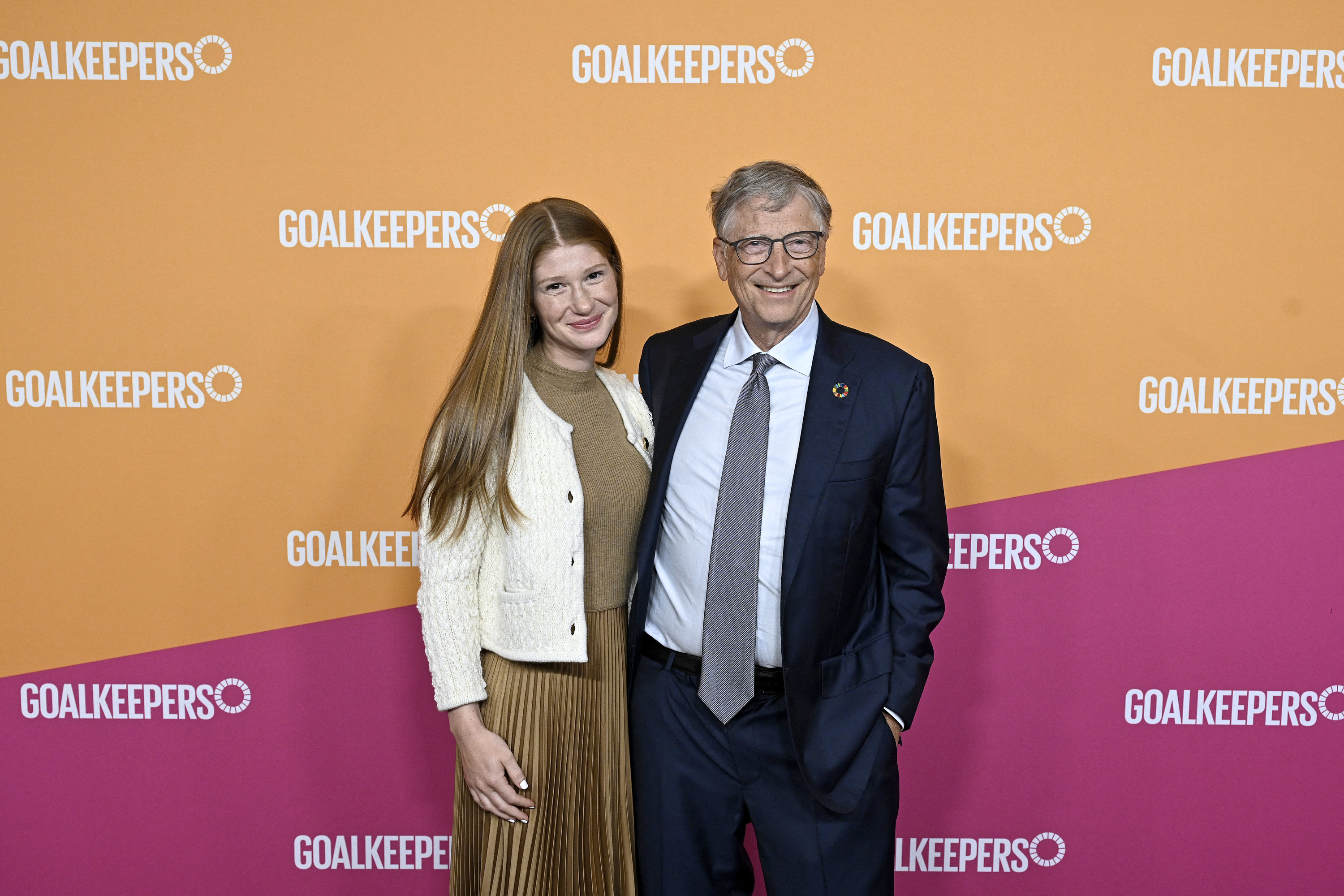
Bill Gates’s daughter, Jennifer Gates, has a master’s degree in public health from Columbia University and a degree in human biology from Stanford University. Source: AFP
The ugly truth – it’s all about the money
Many people believe in the myth of having to be a hard-working student with outstanding grades to get into an Ivy League school — all you need is an excellent report card, a spotless academic history and fulfilling extracurricular credentials.
In reality, it’s much different from that.
Certainly, Ivy League schools have produced incredible graduates. Look at Bill Gates, Mark Zuckerberg, Barack Obama, Jeff Bezos, and more. But on the other hand, there are also students who qualified for an Ivy League by using – and let’s not mince words here – daddy’s money, connections, and fame.
Indeed, compared to a public university, an Ivy League school typically costs more than double, or even triple the tuition – roughly US$284,000 for four years. And considering that the quality of education doesn’t vary drastically between the two, the price point is mostly attached to name.
Obviously, this isn’t a problem for wealthy families.
You’ll find children with billionaire families, movie stars, relatives of US Senators, and even Middle Eastern royalty and more at Ivy League schools. Over 13% of graduates are from the world’s highest earners, and another 12% are Fortune 500 CEOs and their children.
Economists Raj Chetty, David Deming, and John Friedman have written a research paper exploring why children of the ultrarich choose to attend Ivy League schools. The findings suggest that Ivy League admissions would be fairer if admissions officers relied more on actual academic factors, such as SAT scores.
Instead, students from high-income families are more likely to receive an acceptance letter to Ivy League schools. One of the largest driving factors is the preference for legacy applicants – children of alumni have a significantly higher chance of entering Ivy League schools. In return, these schools use these opportunities to secure sponsorships and donations from wealthy alumni.
These graduates then go on to work at prestigious firms, even reaching the top percentage of income earners. After all, it’s easy to secure high-earning jobs with an Ivy League attached to your name.
Ultimately, the takeaway is that students from wealthy families enjoy having an advantage in elite college admissions while reaping significant monetary and non-monetary rewards compared to similar college graduates who attended less prestigious schools. In return, these universities enjoy a generous injection of cash from donors, alumni, and even foreign countries.
Despite strong public pushback against legacy admissions, Ivy League schools insist on continuing the practice. Over 60% of Harvard students oppose the idea of abandoning the policy, even promising to withhold financial donations over the issue.
Zoe Fuad, a Brown University student, said it reinforces a “cycle of inequity” that was designed to serve wealthy white men.
“By perpetually giving advantages to their descendants, we’re ensuring that those who were systemically favoured continue to be favoured,” said Fuad, 20, who leads a student group that’s challenging the practice at Brown.

The recent pro-Palestine protests at Ivy League schools are a result of antisemitism accusations and don’t paint the institutions in a very positive light. Source: AFP
Hear it from the public
Media criticism of Ivy League schools has grown in recent years.
The documentary “Exclusion U” explores interviews with students, alumni, industry experts, and Ivy League faculty, painting a picture of exceedingly rich institutions that remain exclusive, refusing to expand and diversify enrollments while solely catering to wealthy families. In fact, the documentary points out that admissions offices will “start to take notice of applications” if they come with donations of US$10 million and up.
“Ivies use their money not to educate U, but to exclude U.” – Exclusion U’s tagline.
Exclusion U. Documentary Trailer from Cora Media on Vimeo.
Even for some scholarship students from low-income families, it’s not easy. If they’re not listening to their classmates talk about impromptu trips to Greece or Cyprus, they’re struggling to get by. One segment in the documentary shows a student from a low-income family cleaning toilets just to make ends meet.
Author and City University of New York professor Evan Mandery wrote the book “Poison Ivy: How Elite Colleges Divide Us,” which shares a no-holds-barred take-down of Ivy League schools. In the book, he talks about how these institutions only do more to contribute to the nation’s increasing social and economic inequality, perpetuating a system that consistently favours the wealthy and discriminates against the poor.
Similar to “Exclusion U,” Mandery emphasises how Ivy League schools offer an olive branch to low-income students and how it’s all performative. In reality, it’s a window dressing that hides the extent to which they mostly privilege wealthy students at the expense of those who come from humble backgrounds.
- “They’re more luxury brands than engines of social mobility,” says this Reddit post. “The Ivies are really just hedge funds with a side hustle in education.”
- In another Reddit post titled “Why you should hate every Ivy League School,” a user shares that, “The element of superiority in Ivy Leagues is toxic. Everyone thinks that they’re the next Einstein, the next FDR, the next Obama.”
- “A place of unimaginable wealth, privilege, cruelty, pressure, and stress,” says Zachary Schwartz in a VICE article about Ivy League schools.
With more and more people speaking out and shedding light on the reality of studying in an Ivy League school, even the newer generation has not spared sympathy for Ivy League schools. The appeal is lost upon Gen Zers, and soon, Gen Alphas.
View this post on Instagram
To Gen Zers, Ivy Leagues are merely shiny plastic facades hiding a world of financial inequality. Most agree that these Ivy League schools are only good for their prestige and connections, but other equally excellent amenities and courses can be found anywhere else.
In fact, Gen Zers are now more open to pursuing non-traditional education programmes, looking into sources such as online courses, training programmes, and so on, especially if they are offered at a low or zero cost. Coupled with their distaste for the prestigious Ivy Leagues, it seems like these institutes will have to work harder at earning back their trust.








